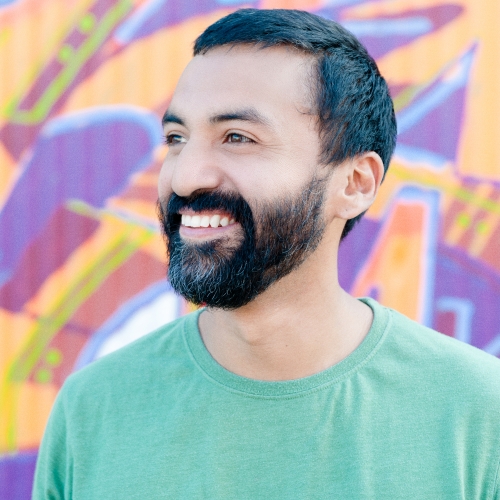Erick Montes

Erick Montes is an adjunct associate professor in the School of Dance.
Biography
Erick Montes is a dancer and a choreographer who believes in the technology of movement as the threshold for the manifestation of ancestral wisdom. He holds an MFA in Dance from University of the Arts and a BFA from the National School of Contemporary Dance in Mexico City. Montes is a certified vinyasa and meditation practitioner with his own practice in upstate New York.
Experience
Montes is a former Bill.T Jones/Arnie Zane Dance Company member and holds a fellowship from The New York Foundation for the Arts.
Montes has presented his work globally and feels fortunate to collaborate with marvelous artists over the past 20 years.
Awards & Accolades
His work has received support from
-
the Fund for New Work at Harlem Stage,
-
the National Endowment for the Arts in México, and
-
a Dance Fellowship and Life Experience Award at the University of the Arts.





